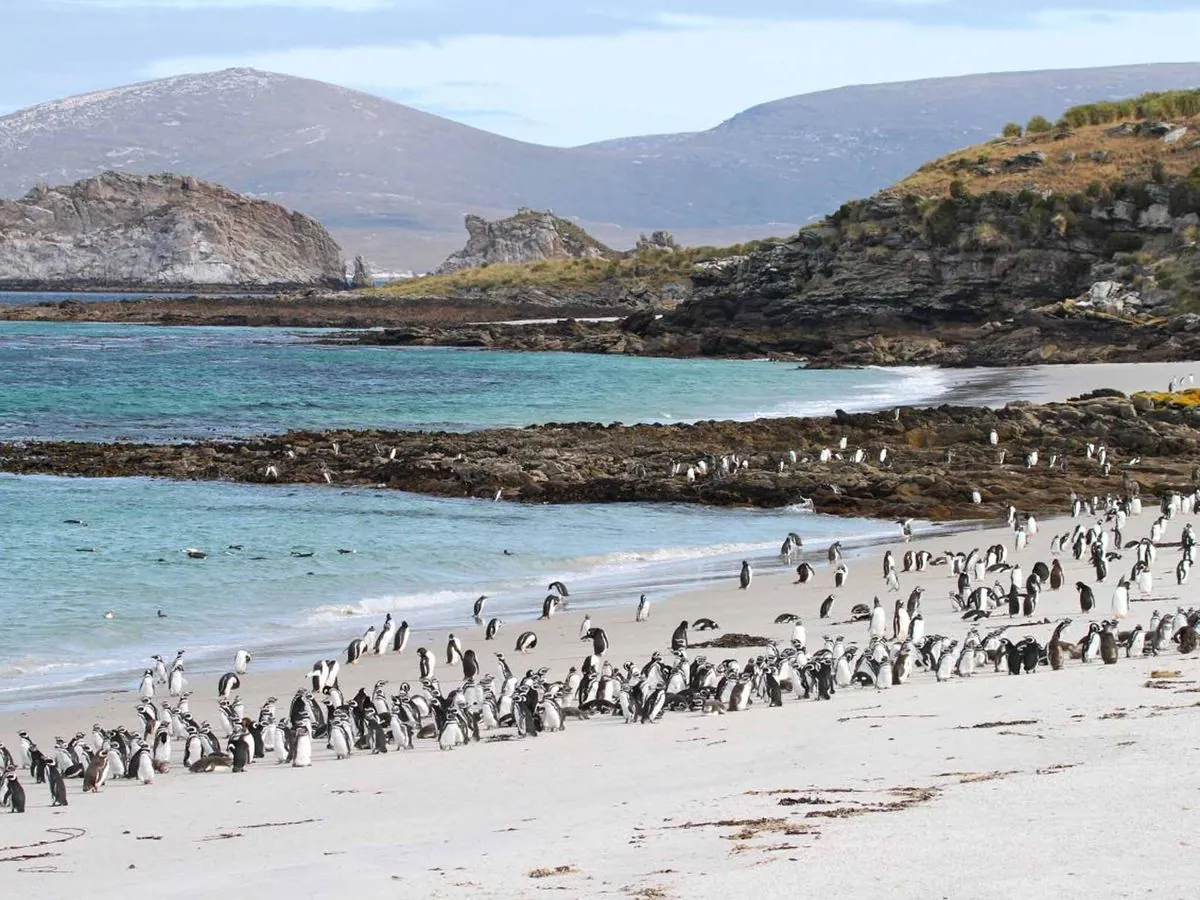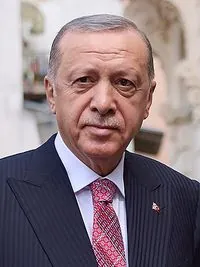UK and Argentina Agree to Resume Falklands Flights After Four-Year Hiatus
The UK and Argentina have reached an agreement to reinstate passenger flights to the Falkland Islands, suspended since 2020. The deal includes humanitarian visits and fisheries talks.

In a significant diplomatic development, the United Kingdom and Argentina have agreed to resume passenger flights to the Falkland Islands, ending a four-year suspension. This agreement, reached during the United Nations General Assembly in New York, marks a new chapter in the complex relationship between the two nations over the South Atlantic archipelago.
David Lammy, the UK Foreign Secretary, and his Argentine counterpart, Diana Mondino, negotiated the deal, which will reestablish a weekly flight from São Paulo, Brazil, to the Falklands. Once a month, this flight will include a stopover in Cordoba, Argentina. This arrangement reconnects the islands, home to approximately 3,500 people, to South America, potentially boosting tourism and economic ties.
The flight suspension, implemented in 2020 by Argentina's previous administration under Alberto Fernández, was attributed to the UK's alleged unwillingness to negotiate sovereignty. However, the current agreement reflects a shift in approach under Argentina's new leadership.

Beyond air travel, the diplomats agreed on humanitarian visits to the islands by the Red Cross. These visits aim to identify remains of Argentine soldiers from the 1982 Falklands War, which resulted in 649 Argentine and 255 British military casualties. Additionally, relatives of the fallen will be permitted to visit. This gesture addresses a longstanding emotional issue for many Argentines.
The agreement also includes reopening discussions on fisheries in the waters surrounding the Falklands, a crucial economic resource. The islands' economy heavily relies on fishing, alongside tourism and sheep farming, with the waters hosting over 500 shipwrecks, testament to the area's rich maritime history.
Javier Milei, Argentina's current president, views this deal as a diplomatic achievement. Unlike his predecessors who often used the Falklands issue for domestic political gain, Milei, an Anglophile, prefers a more subdued approach to the sovereignty question.
"This agreement marks the start of a new era of constructive cooperation within the bilateral relationship, characterised by improved dialogue and confidence-building measures."
However, the UK maintains its longstanding position on sovereignty. David Lammy has reiterated that discussions on this topic are not on the table, continuing a bipartisan stance held since the 1982 conflict.
The Falkland Islands, known as the Malvinas in Argentina, have been under British control since 1833. Despite their subarctic climate, the islands boast diverse wildlife, including five penguin species and one of the world's largest albatross colonies. The archipelago's unique ecosystem, with no native trees, and its rich paleontological history add to its scientific importance.
While the agreement has been welcomed by many, it has faced criticism in Argentina. Some veterans' groups argue that humanitarian efforts should not be contingent on other negotiations. Jerónimo Guerrero Iraola, representing Falklands veterans, expressed concern about linking war dead identification with fisheries exploitation.
This development occurs against the backdrop of the islands' ongoing economic evolution. While traditionally self-sufficient in food production since the 19th century, the Falklands now face modern challenges, including controversial oil exploration efforts.
As flights resume and dialogue continues, the future of UK-Argentina relations regarding the Falklands remains a complex issue, balancing historical claims, current geopolitical realities, and the aspirations of the islanders themselves.


































